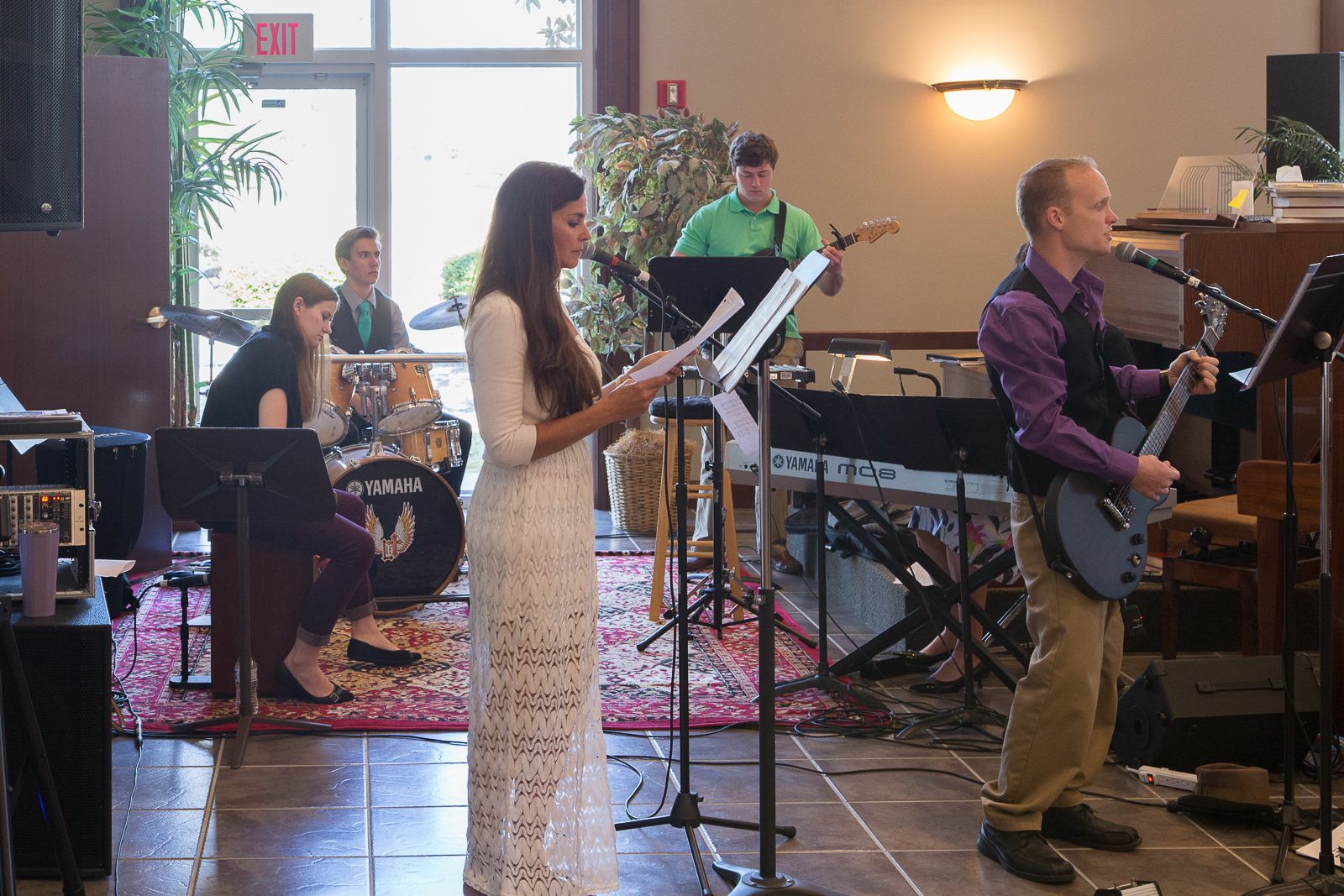
Our Music
“Speak to one another with psalms, hymns and spiritual songs. Sing and make music in your heart to the Lord, always giving thanks to God the Father for everything”
What music to choose? Everyone, it seems, has a comment or two when it comes to their musical preferences.
Why is that? Because music has the ability to touch human emotions. Luther recognized music’s emotional pull: “For if you want to revive the sad, startle the jovial, encourage the despairing, humble the conceited, pacify the raving, mollify the hate-filled—and who is able to enumerate all the lords of the human heart, I mean the emotions of the heart and the urges which incite a man to all virtues and vices?—what can you find that is more efficacious than music?” (What Luther Says, #3103). Other reformers such as Calvin and Zwingli were suspicious of music’s power to touch emotions. Calvin severely curtailed the use of music in worship. Zwingli went so far as to ban it from the service.
Luther took a different path. Because music is part of God’s creation, he recognized and embraced music’s ability to touch human emotions. Yet in public worship, he did not make “emotional pull” a musical prerequisite. The hymns he penned were not designed first to enable emotional expression. That purpose would be assigned to music centuries later in the tent revivals on the American frontier. Instead, Luther’s hymns were designed to put the gospel of Christ on the lips of Christ’s people. In other words, Luther’s hymns were never written to promote toe-tapping, but to enable truth telling. For Luther, content was key. And Christ is the key to Luther’s content.
This careful balance between music’s ability to touch emotions and music’s ability to carry Christ to the Christian is the goal of all our music here at Messiah. We have a variety of instrumentation that blends traditional and contemporary styles together. Choirs and vocalists are often utilized to teach, lead, and assist the congregation in making a joyful noise to the Lord.
